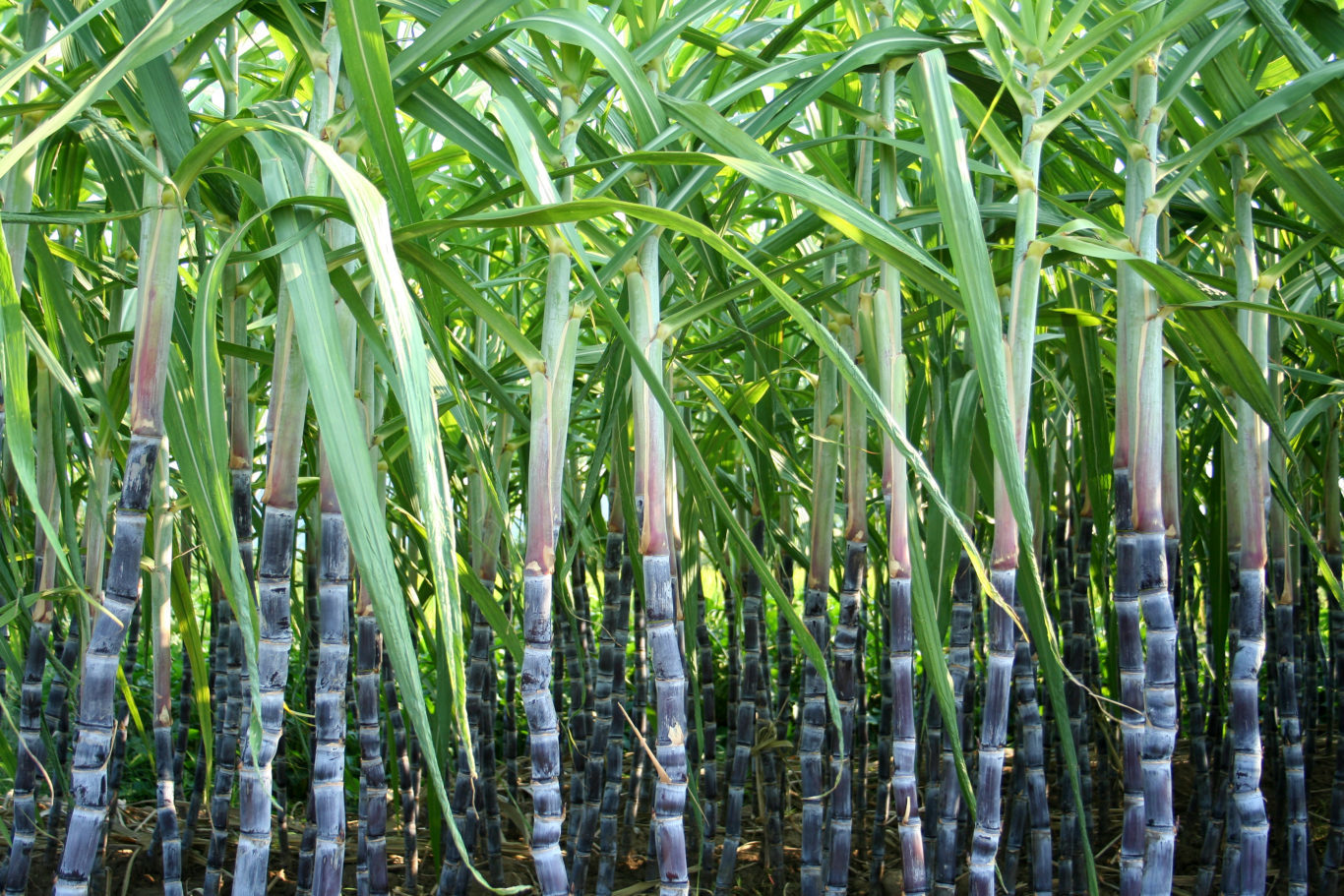How Sugar and Cane Affect Your Taste Buds and Cooking Experience
How Sugar and Cane Affect Your Taste Buds and Cooking Experience
Blog Article
Why Cane Sugar Handling Chemicals Are Crucial for Modern Sugar Refining
The function of cane sugar processing chemicals in modern sugar refining can not be overstated, as they are important to boosting both the efficiency of removal and the total high quality of the end product. Representatives such as phosphoric acid and particular flocculants are used to remove contaminations, leading to sugar that not just satisfies customer expectations however additionally abides by market requirements. However, the implications of these chemicals extend beyond top quality, discussing market characteristics and environmental considerations. This raises essential questions concerning the sustainability of such techniques and their influence on the future of sugar manufacturing.
Duty of Handling Chemicals
The efficacy of walking cane sugar handling hinges dramatically on the tactical application of processing chemicals. These chemicals play a crucial role in enhancing the efficiency and high quality of sugar removal and refining. From the preliminary stages of juice extraction to the final purification steps, processing chemicals help with various important operations.
In the extraction stage, chemicals such as phosphoric acid and calcium hydroxide are used to maximize the explanation process, helping to get rid of pollutants and put on hold solids from the walking stick juice. This not only boosts the return yet likewise guarantees the clarity of the last product. Additionally, agents like flocculants help in the fast settling of impurities, consequently streamlining the overall procedure.
As the processing breakthroughs, chemicals are made use of in decolorization and condensation phases. Triggered carbon and ion exchange resins serve to eliminate color and smell, making certain that the polished sugar satisfies customer quality standards. Ultimately, the role of processing chemicals expands past operational efficiency; they considerably affect the sensory features of the last product, adding to market competition. Thus, the meticulous option and application of these chemicals are crucial for accomplishing ideal end results in cane sugar handling.
Secret Kinds Of Chemicals
Walking stick sugar processing depends on a variety of essential chemicals that facilitate each phase of manufacturing. These chemicals play vital duties in clearing up, whitening, and purifying the sugar drawn out from cane.
One key classification of chemicals consists of flocculants, such as polyacrylamide, which aid in the information procedure by promoting the aggregation and settling of impurities. In addition, calcium hydroxide is often used to counteract acidity and assist in the removal of non-sugar parts.
Whitening representatives, such as activated carbon and sulfur dioxide, are utilized to decolorize the syrup, resulting in a clearer last item. These chemicals help remove color compounds that may influence the sugar's look and marketability.
In addition, phosphoric acid serves as a pH regulatory authority throughout the processing phases, making certain ideal conditions for the enzymatic activities included in sugar removal and filtration.
Various other vital representatives include edta (ethylenediaminetetraacetic acid), which chelates metal ions that could militarize unwanted responses, and sodium hydroxide, which aids in pH control throughout the refining process. Jointly, these chemicals boost performance and make certain a high-grade walking stick sugar product.
Benefits for Sugar Quality
Often forgotten, using specific processing chemicals significantly improves the total high quality of walking stick sugar. These chemicals play an essential role in refining procedures, ensuring that the final item fulfills strict market criteria for purity and taste.

Furthermore, refining chemicals read help in attaining a constant granulation and structure, which are vital for customer acceptance. By controlling the condensation procedure, these chemicals guarantee that the sugar crystals form consistently, resulting in an extra enticing product that dissolves well in various applications.
Additionally, the usage of these chemicals can boost the life span of cane sugar by lessening dampness absorption and microbial development. Generally, the tactical application of handling chemicals is vital for providing high-quality walking cane sugar that satisfies customer expectations and industry needs.
Environmental Impact Factors To Consider

Furthermore, the energy-intensive nature of sugar refining, worsened by chemical usage, typically causes raised carbon exhausts. This contributes to environment modification and raises concerns pertaining to the sustainability of present refining techniques. In addition, the sourcing of these chemicals may include techniques that endanger biodiversity, such as monoculture farming, which reduces the resilience of agricultural communities.

To reduce these effects, sugar refiners are increasingly discovering sustainable options and taking on finest practices that minimize chemical use. Applying extensive environmental monitoring systems can help guarantee that the refining process straightens with ecological criteria and advertises biodiversity. Eventually, a well balanced approach that focuses on both sugar high quality and environmental stewardship is crucial for the lasting viability of the sugar market.
Future Patterns in Refining
As the sugar industry faces the environmental challenges related to standard refining techniques, innovative strategies check that are emerging to improve both effectiveness and sustainability. One substantial trend is the adoption of eco-friendly chemistry principles, which prioritize the usage of safe, naturally degradable processing chemicals. This change not only minimizes ecological influence however additionally addresses customer need for cleaner production approaches.
Another encouraging development is the application of innovative purification innovations, such as membrane splitting up and adsorption processes. These strategies boost the quality and quality of the sugar while minimizing the volume of wastewater created throughout refining. Additionally, the integration of digital innovations, consisting of IoT and AI, is changing functional performance by allowing real-time tracking and anticipating upkeep, thus minimizing resource waste.
Furthermore, making use of spin-offs from sugar refining, such as bagasse and molasses, is getting traction. These products can be exchanged biofuels or value-added items, adding to a circular economy within the industry. Collectively, these fads indicate a change in the direction of even more sustainable practices that not only improve functional performance however likewise line up with international sustainability objectives, ensuring the future stability of sugar refining.
Final Thought
Cane sugar processing chemicals are vital in modern sugar refining, significantly enhancing the efficiency and top quality of sugar removal. The tactical use these chemicals not only enhances the purity and taste of the last product but also guarantees regular condensation and structure. As the market progressively prioritizes sustainability, the adoption of environmentally-friendly processing agents is most likely to form future patterns in refining, ultimately resulting in greater top quality items and extended life span for consumers.

Eventually, a balanced approach that focuses on both sugar high quality and ecological stewardship is vital for the long-lasting stability of the sugar industry.
Cane sugar handling chemicals are vital in modern-day sugar refining, significantly boosting the effectiveness and high quality of sugar removal.
Report this page